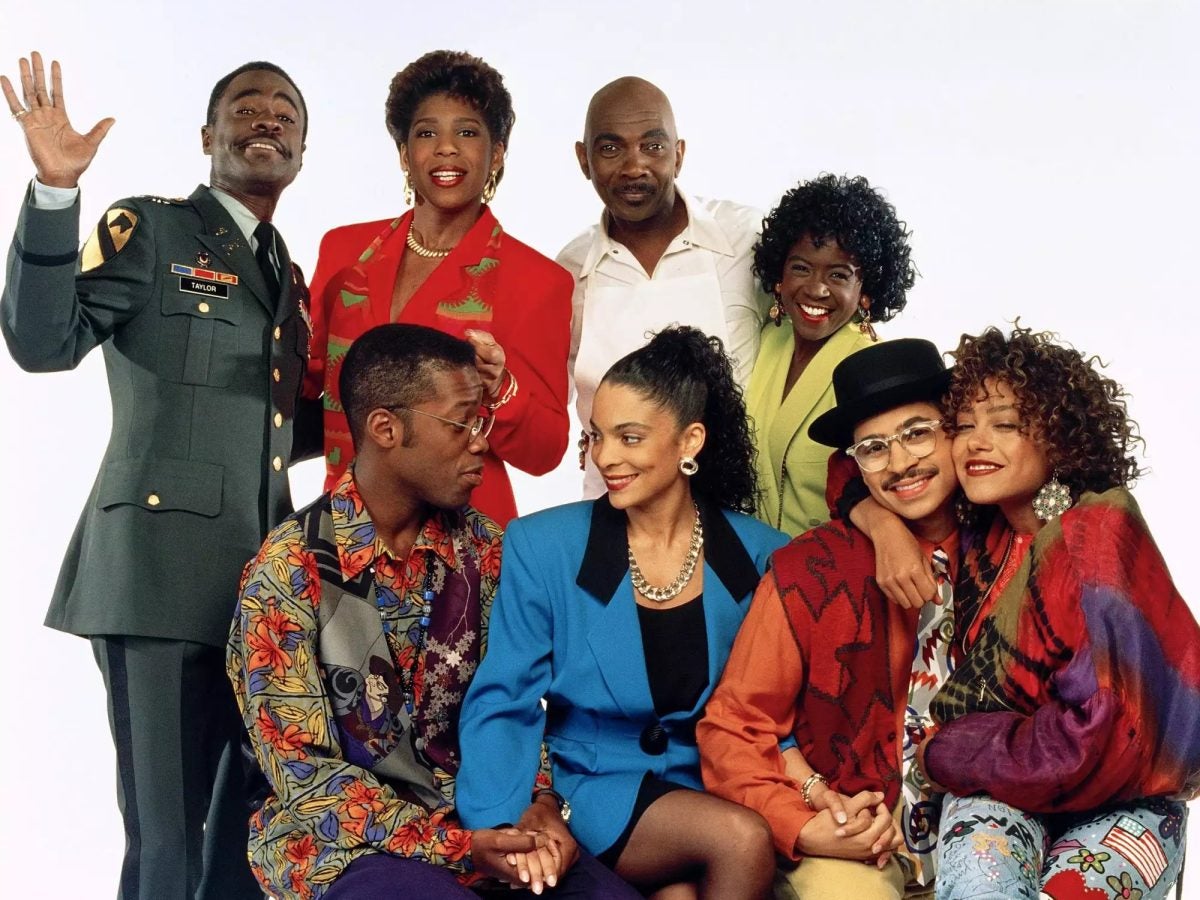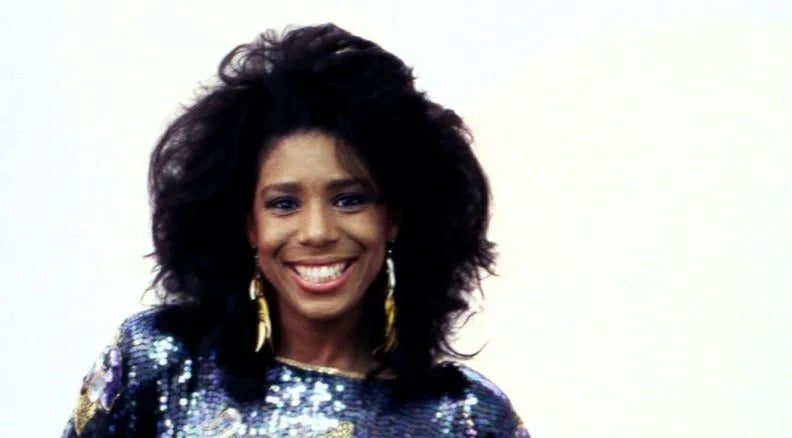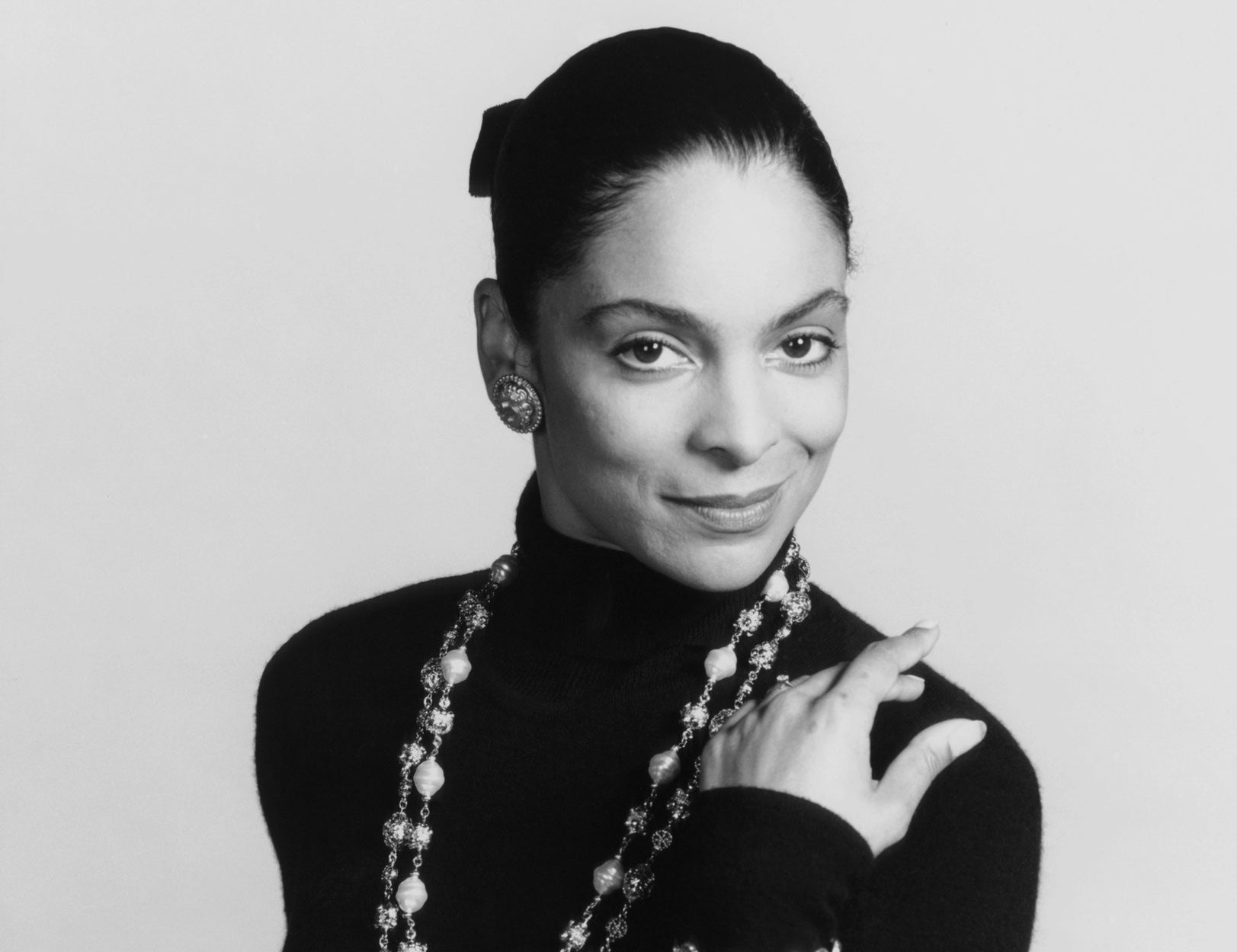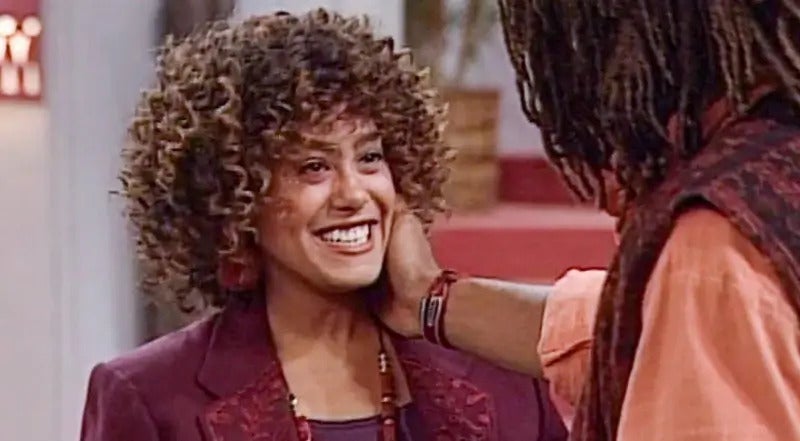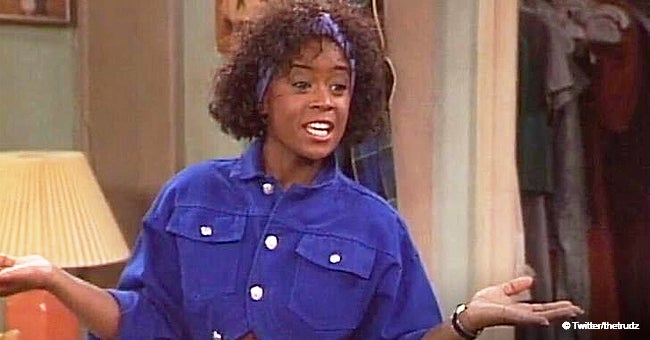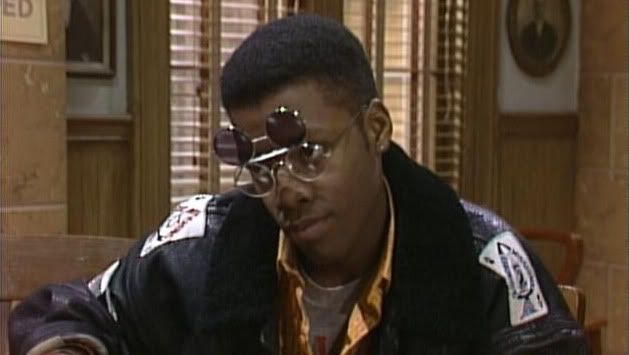I know my parents loved me
Stand behind me come what may (hmm)
I know now that I’m ready, yeah
For I finally heard them say
It’s a different world
Than where ya come from
Although those lyrics were sung three decades ago for the theme song of the college-based sitcom, A Different World, they couldn’t be more relevant to the twenty-somethings of today.
The late ’80s sitcom series followed the lives of students from all walks of life at the fictional historically Black university Hillman College was intended to just be an extension of the Cosby Show, but grew into so much more.
Once its producer/director Debbie Allen was tapped for the show’s second season, it evolved into the perfect encapsulation of vibrant HBCU life, including an in-depth take on career development for young adults.
Although the series premiered Sept. 24, 1987, its impact is still felt. Here’s a look at how the characters’ professional journeys reflect some of the steps taken in the workplaces of today.
01
Jaleesa Vinson’s non-traditional student journey
Jaleesa Vinson came to Hillman as a slightly older student seeking an education after experiencing a bit of life first. She’d been in the workforce for some years and nearly married before enrolling as a college student, so Vinson was a source of wisdom for the underclassmen.
Her journey is reflective of today, as nontraditional students make up the majority of postsecondary students in the U.S. A 2015
study by the National Center for Education Statistics (NCES) reported that 74% of college students could be considered nontraditional, meaning they are over 25.
02
Whitley Gilbert’s winding career path
While she started out as one of the most confident characters at the beginning of the series, by the end we saw that Whitley Gilbert didn’t have it all figured out at all. The southern belle was dead set on becoming an art curator, but soon realized the field wasn’t as lucrative as she previously thought. We watched her struggle to reconcile with that realization, and eventually follow her passion.
03
Winifred Brooks’ professional identity evolution
The resident hippie, Winifred ‘Freddie’ Brooks just wanted to save the world, but she eventually realized she needed to show up in it a specific way first. By the end of the series, she’d tamed her wild curl mane, swapped her burlap for a power suit and curtailed her flowery language to be taken seriously as a corporate lawyer.
Many of us can relate. According to a
recent workplace study, suggests that White people prefer for their Black colleagues to codeswitch when in the workplace,wear their hair in “acceptable” styles and dress in “neutral” styles.
04
Kimberly Reese’s work/life balance
Nearly 3 of 5 workers
are facing burnout.
35 years ago, Kimberly Reese’s story arc touched on how this epidemic came to be. The ambitious pre-med student was taking a full course load, interning and working a full-time job all at the same time. It eventually caught up to her and she was depicted near collapse. Fortunately through the support of her friends and employers, Mr. Gaines, she was reminded to enjoy life outside of work.
05
Dwayne Wayne’s resilience
The bright engineering student was always poised for success, but didn’t have an entrepreneurial bone in his body. After getting hired at a leading electronics company, he sold a video game concept to the brand without attaining full credit for the idea. Eventually he reconciled the issue but this is something that’s all too common in the workplace.
The pervasive racial wage gap is largely caused by a lack ownership in the Black community compared to other
ethnic groups, and Wayne’s story arc is an example of this.
By the end of the series though, he proved to be on the path to wealth-building when he was offered a high-paying job that would change his family’s life forever.
